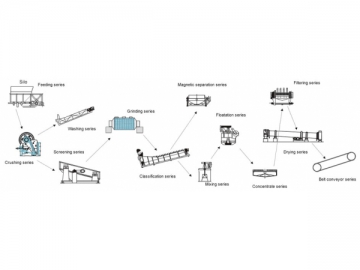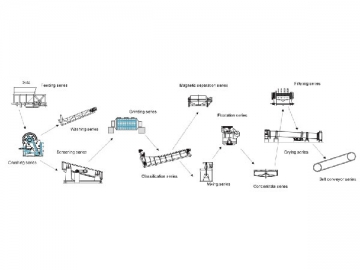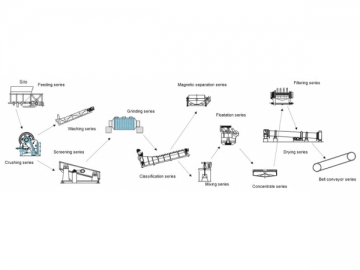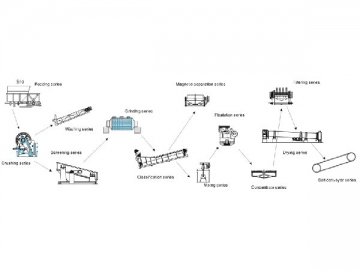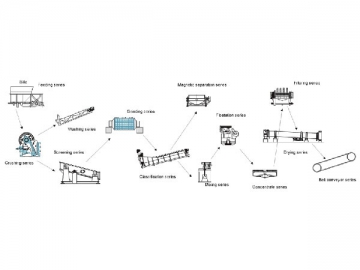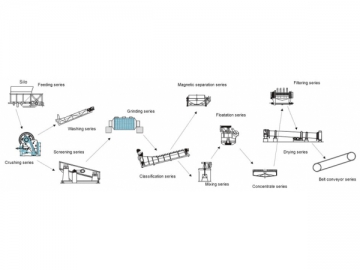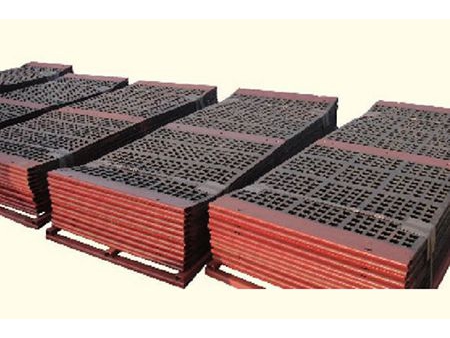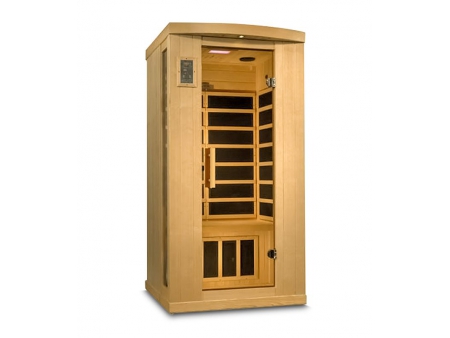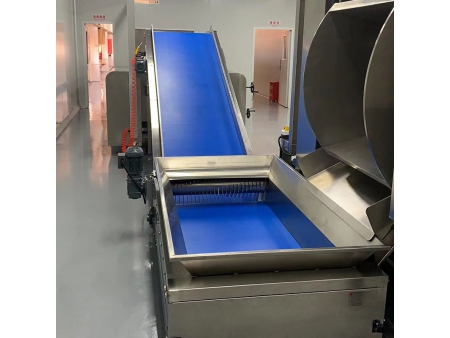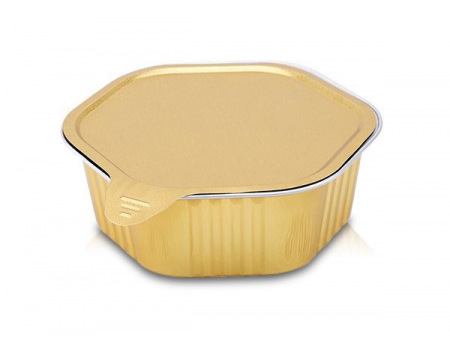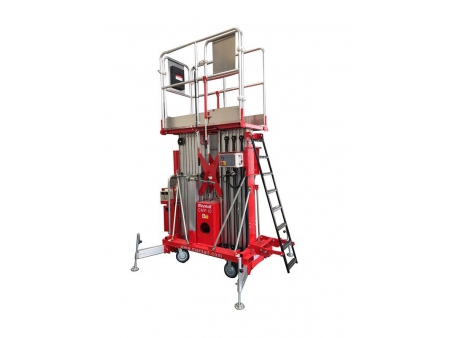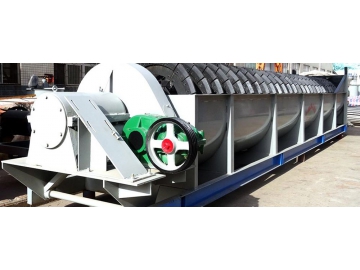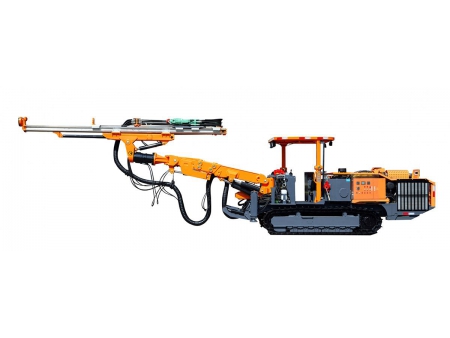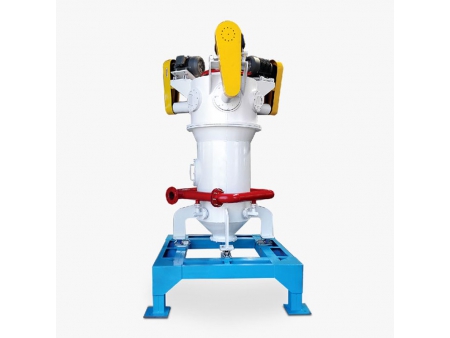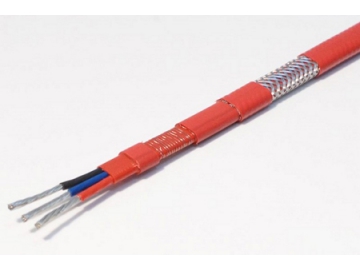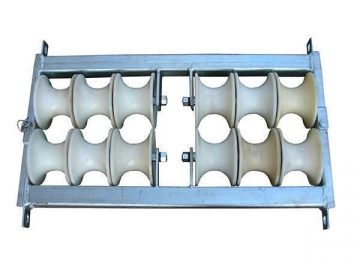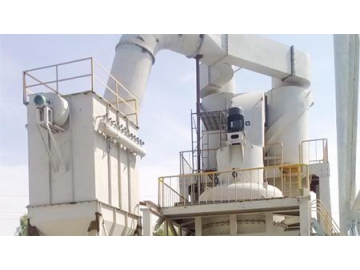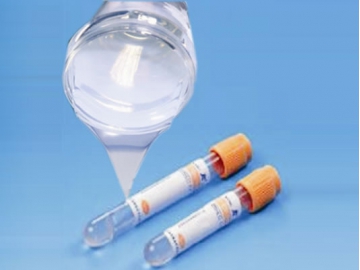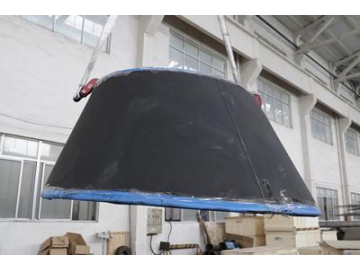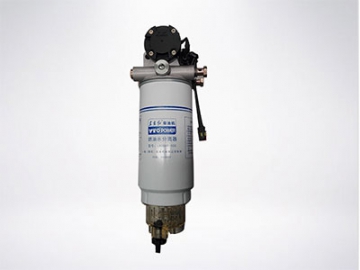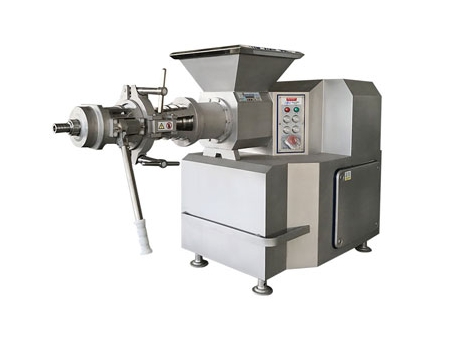Hematite Separation Line
Hematite separation line is suitable for beneficiation of hematite which is complicated in nature and features dissemination of impurities, high content of fine grains, a small amount of magnetite, presence of quartz and kaolin in gangue minerals. The process entails stage grinding, combination of magnetic separation and flotation, strong magnetic separation and reverse flotation for tailings.
In first-stage grinding and classification, ball mills work with hydrocyclones to form a closed-circuit mode, which ensures high classification efficiency and grinds the ore to targeted particle size. Furthermore, qualified concentrate ore can be collected ahead of schedule. In magnetic separation procedure, qualified rough concentrate and tailings are all separated as soon as possible. The concept of collecting valuable minerals and discarding worthless minerals timely helps to reduce the quantity of the ore that need to go through regrinding and flotation, thus preventing over-grinding and reducing loss of valuable metals. Further, the production cost is reduced greatly.
Strong magnetic separation is applied to recover fine-grained iron ore. Desliming and discarding of tailings will be completed in the procedure, which prepares everything well the reverse flotation process following. Reverse flotation is applied to separate the tailings which would be thrown away. The valuable minerals are the major component and will be left in the flotation cells at the end of reverse flotation. We also optimize reagents used in reverse flotation, thus preventing a lot of reagents from entering the ore pulp. Further, adverse effects imposed on the flotation process by reagents returning back to the pulp will be dramatically alleviated.
Application Case
Generally, we design proper separation process based on specific characteristics of hematite processed. We also offer matched devices and we are able to ensure the finished product up to the standards.
In a hematite mine in Inner Mongolia, the hematite featured complex structure. Their original production process consisted of continuous grinding, low intensity magnetic separation, strong magnetic separation and reverse flotation. However, their dressing cost was too high due to grinding of undersized particles. Through improvement of the production line, we managed to enhance classification efficiency of fine particles, which reduced production cost significantly.
Other Cases
In a magnetic separation line in Shanxi, their iron minerals comprised a major proportion of magnetite and hematite, while gangue minerals mainly contained quartz. The iron minerals features non-uniform dissemination sizes.
Based on the analysis of characteristics of raw ore, we decided to use a process which involved stage grinding, gravity concentration, magnetic separation and reverse flotation. After the first grinding, we could obtain coarse concentrate grade of 60 percent and some tailings. Then qualified coarse concentrate was collected and coarse tailings were discarded during the gravity concentration procedure. The fine concentrate then went through strong magnetic separation and relevant tailings were separated and abandoned using reverse flotation.
The process was advantageous in respect of economic benefit and technical advancement. Grades of raw ore, concentrate and tailings were 23.15, 65.95 and 10.05 percent respectively. The concentrate grade was significantly boosted. In addition, new type preparation equipment and high-efficient reagents helped to improve the production process as well.
In a hematite mine in Jiangxi, the hematite was formed though colloidal precipitation and it was relatively fine-grained. The ore was difficult to separate. For high production efficiency, we compared finished product indexes in three processes which were magnetic separation, gravity concentration as well as a process involving magnetic roasting and magnetic separation. Finally, we chose the third one, which contributed to concentrate grade of 62 percent and recovery of 80 percent.

